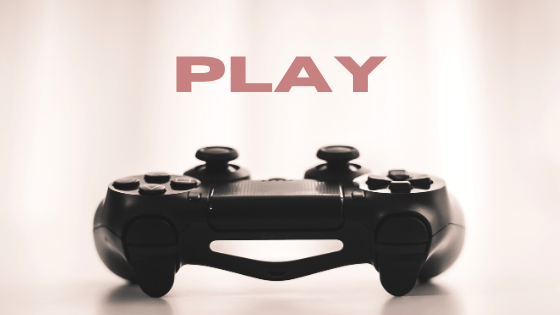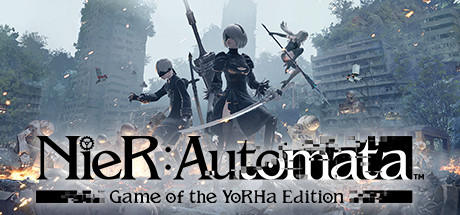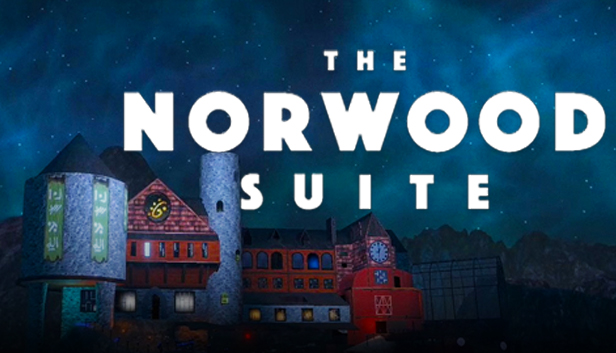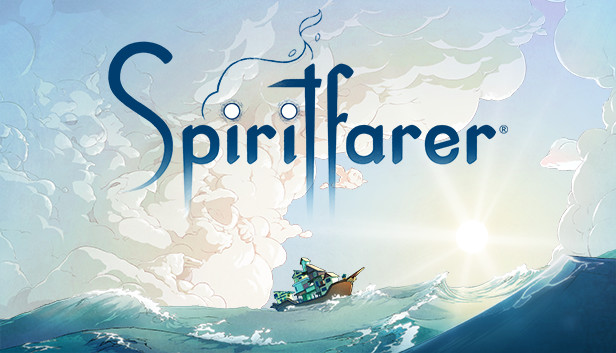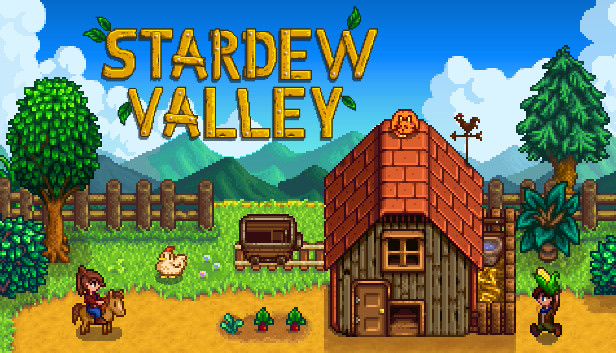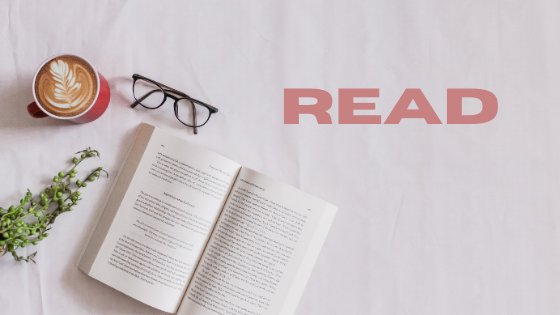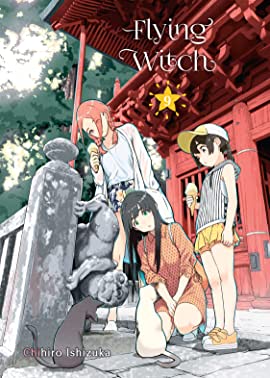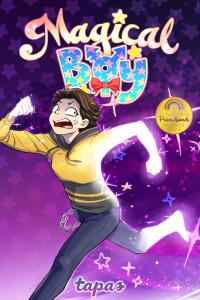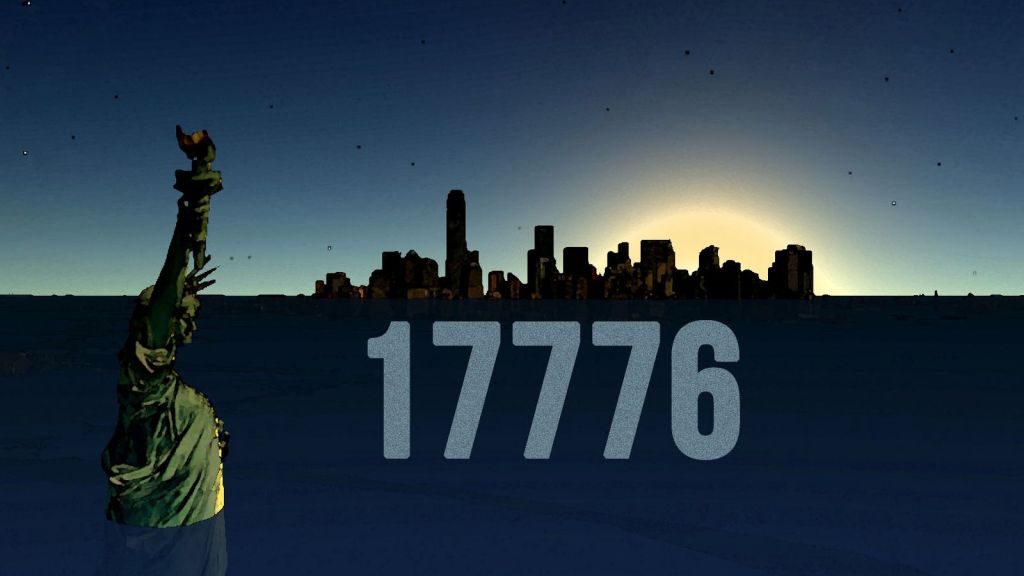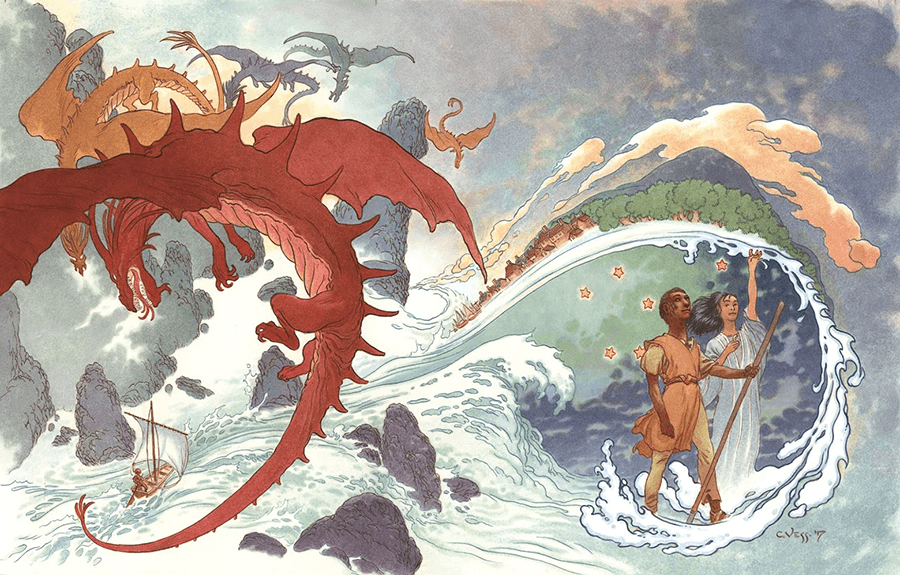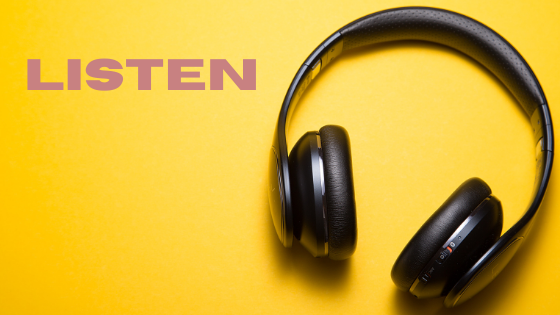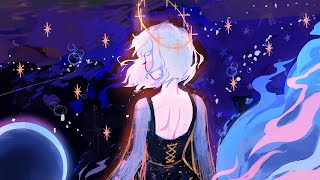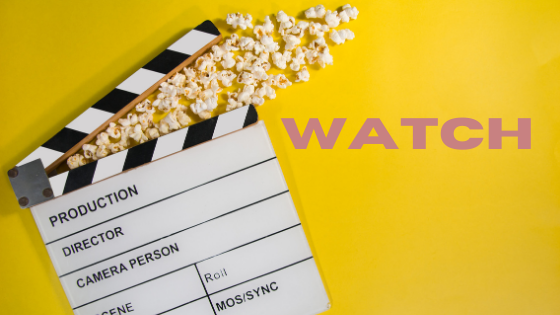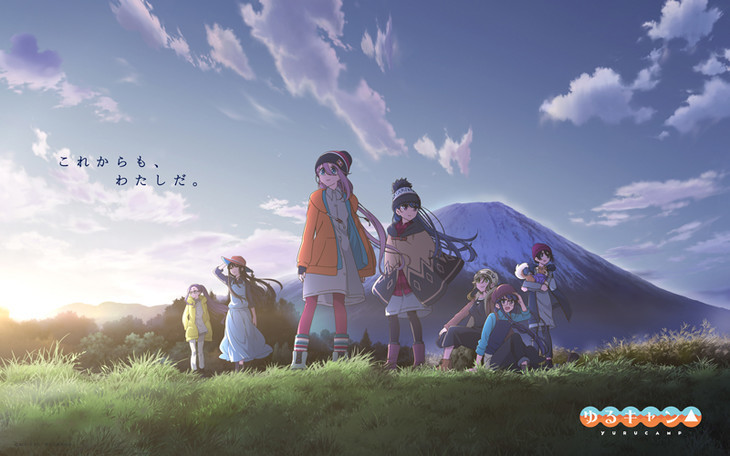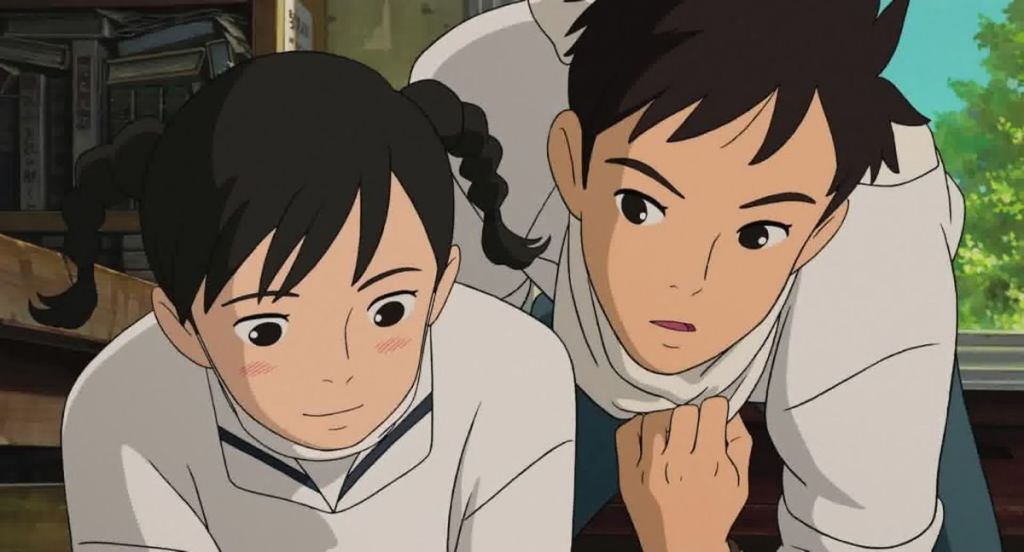Six tips for reading more of what you love!
First of all, I’d like to begin with what this post does not intend to do:
- Make you feel like you *should* be reading more. As long as you are content with the amount you’re reading, then that’s what is important.
- Chide you about how effectively you use your time or energy. The reality is that sometimes we go through seasons of our life where we just don’t have the resources for hobbies like regular reading. The only person who can judge that is you.
- Tell you what you should or shouldn’t be reading
The absolute last thing I want to do is make anyone feel ashamed or guilty about their reading habits. There are no “shoulds” here, and in fact I’ve personally found they are the absolute nemesis of pleasurable activities like reading. (I discuss this in greater depth below.)
What this post DOES intend to do is share tips and techniques that have helped me to overcome the motivational and organizational hurdles that keep me from doing something I love on a regular basis.
I have always loved to read, but for most of my adult years I have found myself disappointed in how little time I make for it. And yet, every time I would determine to read more, I’d struggle to maintain my momentum after finishing one or two books. Sure, I had a massive TBR pile… but rather than excite or encourage me, I found it daunting. Like living in the shadow of a mountain I knew I was supposed to be climbing.
So here’s how I surmounted it.
1.) I threw out the mountain (AKA most of my library)

Okay, okay, I know you’re panicking but hear me out. I used to have a bookshelf with over 300 books. And you know what? Most of them were there because I thought they “should” be there. (There’s that nasty word again.) They were books I’d purchased on a whim years ago and had never gotten around to, they were titles from those “100 Books You Have to Read Before You Die” lists, they were pretentious volumes I thought made me look clever. And every time I looked at them, do you know what I felt?
Guilt. Pressure. Shame.
Whenever I felt like reading, I’d look at that shelf, see everything I “should” have been reading but didn’t actually want to read, and end up turning away empty-handed.
Eventually I Mari Kondo-ed my entire apartment and realized that almost none of the books on my shelf sparked joy. Mostly they just sparked anxiety and dread. So I donated them. Not all of them, of course, but everything I wasn’t looking forward to reading in the near future, and everything I knew I had no intention of re-reading (or that didn’t at least bring a smile to my face when I recalled reading it).
If you go this route, you can donate the books to charity, pop them into a Little Free Library, give them to friends who want them, or bring them to second-hand book shops for credit to buy books you actually do want to read in the near future. And, if you feel daunted about the whole thing, just remember that if you later find yourself wanting to read something you gave away, chances are you value it enough to borrow or purchase it again. But personally, out of the 200+ books I donated… I think I’ve repurchased two or three? And mostly on the cheap from used shops.
And yes, I know, not everyone has a literal shelf buckling under the weight of everything they’re supposed to be reading, but there’s a good chance there’s one in your head that could use a little decluttering.
2.) I started giving up regularly.

Oh wow, you’re thinking, is this possibly the worst advice list in the history of the universe? But again, bear with me.
How many times have you started a book only to find that it really wasn’t working for you? Did you muscle on through? Did you set it aside and try not to look at it? Because that’s what I did. And you know what, all that time I wasted slogging through things I didn’t want to read, or avoiding reading because that unfinished book was hanging over my head, could have been spent immersing myself in stories that brought me joy.
So now, if a book isn’t working for me, I drop it. I give it a chance (sometimes you just have to commit to a few chapters before a story really grabs you), but if I still find myself procrastinating or trying to rush through to the end so I can get to something else, I cut my losses.
Joseph Fink, co-creator of Welcome to Night Vale, said something on the podcast Start With This once that has really stuck with me. I’m paraphrasing here, but he said that often it isn’t about whether or not we like a book. Sometimes that book just finds us at the wrong time in our lives. Don’t feel bad when a book doesn’t work for you, and you can always revisit it again at a later time. Or sometimes, it’s about accepting that the time for it has passed.
Now, I know sometimes you have to muscle through something because of work or school. Or sometimes you want to because you feel like the book is important in some way. Maybe you think it will impart some wisdom you really need, or help you to better understand a different perspective, or because it’s part of a book club you love to go to, etc. In these circumstances, what has helped me has been to take it easy on myself. To take breaks and read something light and enjoyable in between. The more I choose to focus on what I love, the easier I have found it to tackle the titles I feel I have a genuine obligation to read.
Which brings me to:
3.) I started choosing books I wanted to read.

Once all the “shoulds” were gone, what I was left with were titles I genuinely felt a desire to read. This doesn’t have to be a single genre, personally I love a bit of everything, but it shouldn’t exclude genres either. There are plenty of articles about why YA is inferior, and you’ve probably had teachers who told you that magazines or comics don’t count, there’s always someone with something to say about e-books and audiobooks. But reading is reading is reading is reading. Whatever stories or genres or forms engage and compel you, that’s all that matters.
If you spend your time forcing yourself to read the most popular book of the summer, just because you feel like you’re supposed to like it, or you try to slog through some high-art classic because that’s what “smart” people do, you’ll just find yourself resenting something you actually wanted to enjoy.
Of course, I encourage everyone to diversify and try something new. I’ve discovered some of my favourite titles in genres I used to think were boring. Luckily, if you give something a shot and it just isn’t working for you, like I said in #2, you can move on to something that does. There’s a good chance there’s a book with a similar story or topic that’s written in a way that better suits your personal tastes and reading style.
For example, my daughter absolutely loves graphic novels while she’s still pretty cold about regular grade-school novels. We have graphic novels about science, we have graphic novels with gender diverse characters, we have graphic novels about immigration, and friendship, ones that talk about difficult emotions, and are also just good fun. And most importantly, she actually wants to read them!
4. I started buying fewer books.

Look, these past two years I’ve read a lot of books. There is just no way I’d be able to maintain my hobby at this rate if I was buying every single book I read. Not to mention that it can be hard to call it quits on a book that you paid good money for. And so we come to my absolute favourite item from this list: I use my public library.
My TBR list is a couple of pages in my bullet journal (you can also use an app like Goodreads or Pinterest) that I build up from articles online, or from recommendations from friends, crossing things out as I read them or lose interest. When I’m in need of a new book, I refer to this list, go to my library’s website, and put a couple of titles on hold. I have to be careful to pay special attention to new or popular titles which can take a long time to come in and have to be ordered in advance, but otherwise most of my books are available for pickup within two or three days.
If you like the experience of physically perusing a bookstore, then spend a day wandering the shelves. You can also ask the librarians for help finding something that suits your tastes.
Outside of the odd special occasion, these are the only conditions in which I will actually buy a new book for myself:
- if I read a book at the library and it leaves a huge impact on me
- if it’s the next book in a series I know I love
- if I’m pre-ordering a book from a trusted author
- if I don’t have time to finish a book at the library before I have to return it, but I have a lot of confidence that it’s something I want on my shelf
Now, I am exceptionally fortunate to have a library close by with a large selection of titles, no late fees, an easy-to-use hold system, and a reasonable borrowing window. If for some reason you can’t access a library physically, many libraries now do e-book lending. If yours doesn’t, or it just doesn’t work for you for whatever reason, many cities now have book swapping groups. There’s also used bookstores where you can trade in old books you’re done with and get credit for new purchases.
Again, the same thing isn’t going to work for everyone, and it’s okay to acknowledge that cost can be prohibitive. That’s why I’m such an avid supporter of libraries, but also recognize that not everyone has access to them. Do what works for you, and if you have to put your hobby on hold for financial reasons, that’s okay. It’s a reflection on our society, not your love of reading.
5.) I learned to hack my dopamine.

Look, I’m a mom. Almost every task I finish in a day is completely undone by the time I go to bed. Some days, it’s hard to feel like I’ve accomplished anything. I appreciate having something in my life that I can check off, or easily measure how much progress I’ve made.
That’s why I started tracking every book I read. Personally, I love hand-written lists. I don’t make them pretty, just a couple rough pages in my bullet journal. (I find if I start expecting my journal to look pretty I start avoiding it, so it’s pure practicality for me). I love being able to look back and remember everything I’ve read this year (while reserving my bookshelf for favourites.)
I include everything: novels, manga, novellas, poetry collections, etc. Nothing is too short or “easy” for the list. I have considered including how many pages I’ve read, but I don’t want to value heavy reads over light ones. The point is to keep going, keep travelling from world to world, not to judge how many steps I took along the way.
I’m personally very motivated by the idea of adding new titles to my list, especially ones I’ve really connected with. Sometimes I’ll put little hearts beside those. Sometimes not.
You can also implement a social element to this if you like talking about books. For a while I posted each book I read to Facebook, which sometimes led to conversations about certain authors or genres. It also comes up in my memories so I can see what I was reading last year. But of course, this can take a turn for the worst if it starts veering into performance with all the baggage that comes along with expecting other people to validate our accomplishments. Which is why I stopped using Facebook and exclusively use my journal these days.
I haven’t logged into Goodreads in a long time, but it can also be a nice tool to visually track what you’ve read or are currently reading. If there are other apps or techniques you’ve used, feel free to share them in the comments!
6.) I tried to make reading the easy choice.

This is a little technique I picked up from therapy to help me overcome the motivational hump I experience when I try to do pleasurable things while depressed. Once I’ve been reading a good book for five minutes or so, I have trouble stopping. The hardest part is deciding to pick it up in the first place. This is where behavioural activation comes in handy.
Basically you set yourself a clear little goal. I started with: read for fifteen minutes before bed.
Now, create a set-up that will make attaining this goal as easy as possible. Use small, approachable steps. This might include setting an alarm for fifteen minutes before you usually go to bed as a reminder, selecting a book you have a high chance of actually enjoying, and setting it on your bedside table (or on your pillow).
This way, when the time comes around, you’ll be much more likely to follow through (even if you don’t feel like it at first). And if for some reason you don’t, you’re a step closer to doing it next time. Once you do this a few times (and as you get more invested in what you’re reading), it gets easier and easier to do, until you find yourself actually wanting to do it.
Eventually, you’ll fall off the horse and maybe go weeks or even months without reading. Life gets hectic. The kids throw off your whole routine. You get sick. That’s okay! Reset your alarm. Set out a new book. Start all over again. Rest assured, it’s a normal part of the process. I don’t think anyone ever maintains a habit without having to rebuild it from time to time.
And again, no pressure. You decide what goals you want to set. If reading isn’t one of them right now, that’s alright too.
The other way I try to make reading an “easy choice,” is by continuing to make sure I always have a book on hand during those moments when I might have time to read it. The way I do this is by paying attention to the times and places I tend to scroll on my phone. (Nothing against scrolling on phones, but I personally find myself doing it without having actively decided to.)
For example: when I’m waiting for appointments, break times, when I’m on the bus, in the bathroom (be honest!), while I’m cooking, etc.
I try to keep my book in my backpack if I know I might have to wait for an appointment, or I keep it on the kitchen counter (in a safe spot away from spills and splatters) while I’m cooking, or I take it instead of my phone when I go to the bathroom. I don’t always choose to read it, sometimes I choose my phone instead, or sometimes I choose to do nothing at all (an underrated choice in my opinion), but at least it’s always an option. And again, nothing against technology, but when possible I try to leave my phone out of sight so I’m not tempted to play with it mindlessly, something that often leaves me feeling distracted and unsatisfied.
Ten minutes here and there can make a big difference in building a habit, and once I’m invested in a book it’s amazing how much extra reading time suddenly materializes.

And that’s more or less it.
These are techniques that work for me, and I hope that some other people might find them useful if they’re struggling to make reading a regular part of their lives (despite wanting to). I’m not sharing here how much I read in a year because it’s not about comparison. For one person, three books a year will leave them feeling satisfied while someone else might feel like thirty isn’t enough. We each read at our own pace in our own way, and we all have various elements of our lives that compete for our attention: work, children, other hobbies and goals. Decide for yourself what is comfortable for you and don’t worry about anything else.
Remember, “shoulds” are the quickest way to turn a passion into a chore.
Thanks so much for reading, and feel free to share your own tips, or let me know what you’ve been reading/ what you’re looking forward to reading in the comments! For me, I’ve been reading a lot of non-fiction science books lately (I particularly enjoyed Bitch by Lucy Cooke), but I’m really looking forward to reading T.J. Klune’s latest: In the Lives of Puppets.
I might make some recommendation lists soon (I find other people’s useful for building up my TBR lists so I’m never out of titles I want to read). Let me know if there’s anything in particular you’d like to see!
(Header photo by Annelies Geneyn on Unsplash)
